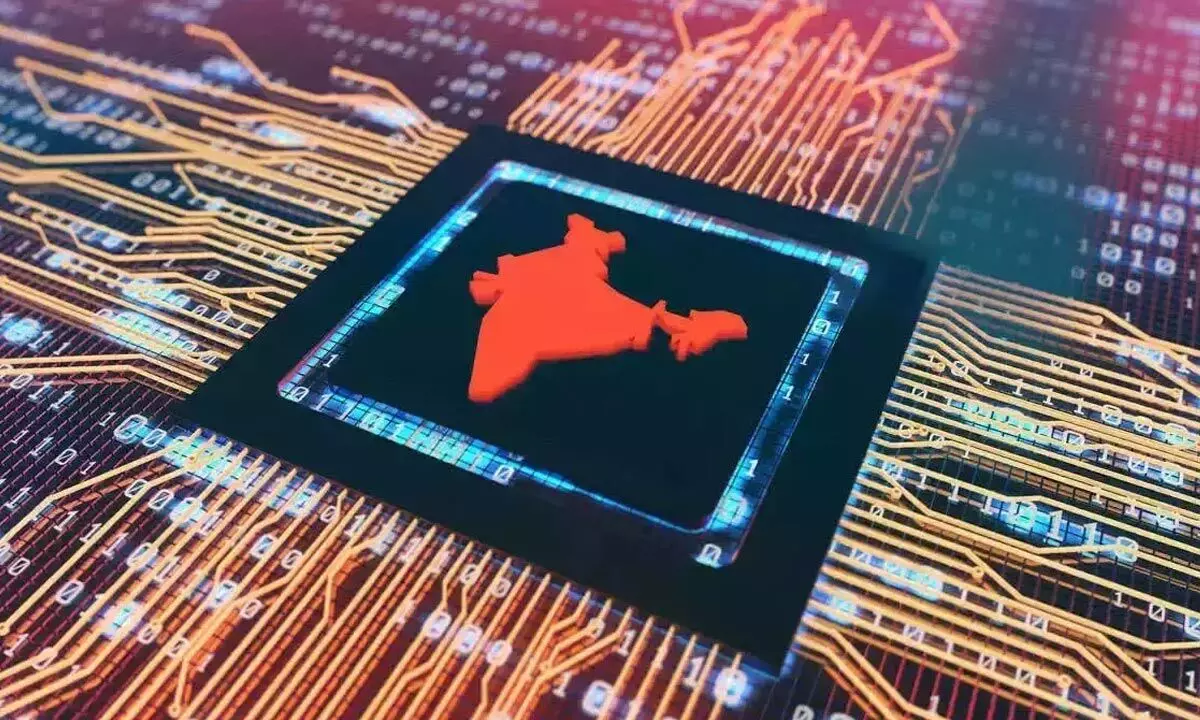Focus on R&D and reducing imports will boost energy security
India, like most other countries, needs to ensure its energy security. Towards this, it has to be less dependent on imports, and instead focus on industry-academia collaboration in advanced technologies in earth sciences and hydrocarbon exploration.
image for illustrative purpose

India, like most other countries, needs to ensure its energy security. Towards this, it has to be less dependent on imports, and instead focus on industry-academia collaboration in advanced technologies in earth sciences and hydrocarbon exploration. This will cater to the growing demands of hydrocarbon exploration and extraction for which the two collaborations could prove pivotal in the days ahead. It is in this background that one has to look at the recently signed MoU between IIT, Kharagpur and Oil India Ltd. Their collaborative R&D endeavours will invigorate industrial and inter-disciplinary research and training undertaken at Deysarkar Centre of Excellence in Petroleum Engineering at IIT Kharagpur in upstream, midstream and downstream segments of the oil and natural gas value chain entailing hydrocarbon exploration, development, production, reservoir management including IOR & EOR, pipeline transportation, sedimentary basin analysis and the refining and process technology. IITKP professors will visit exploration sites of Oil India to augment areas of research collaboration and project implementation. The two will engage themselves in various joint research initiatives and advanced technology solutions in the energy sector and other areas of mutual interest.
Interestingly, OIL has already adopted a three-pronged strategy of enhanced exploration activities with leap of faith exploration acreage of 50,000 plus sq.km pan India; Mission 4+ to expedite and augment domestic production of crude oil & natural gas; and expand its alternate energy portfolio aimed at achieving net-zero by 2040.To support innovation and start-up ecosystem for a sustainable future, the country needs to indigenize, modernize, and renovate the oil refining industry, particularly with exploration of petrochemical production capacity. Application of geoscience, engineering and design, chemical and process technologies and R&D initiatives, GIS and remote sensing studies in oil and natural gas industry will create investment opportunities through Atmanirbhar Bharat. India accounts for five 5 per cent share in the global oil demand and has the world’s fourth largest crude refining capacity. Around 10 per cent ethanol-blended petrol, which has already been achieved, will maximize dependence on alternative energy. The four-plank energy security strategy is based on diversifying supplies, increasing E&P, alternate energy sources and energy transition through a gas-based economy and green hydrogen. India will contribute a quarter of the global demand by 2040 and achieve 20 per cent ethanol blending in petrol by 2025.
Energy security is defined as the uninterrupted availability of energy sources at an affordable price.
To reach there, India needs to focus on research and development. Moreover, the country is the world’s third largest energy consuming nation, thanks to rising incomes and improved standards of living. Energy use has doubled since the year 2000, with 80 per cent of demand still being met by coal, oil and solid biomass. On a per capita basis, India’s energy use and emissions are less than half of the world average, as are other key indicators such as vehicle ownership, steel and cement output. Post-Covid recovery, it is re-entering a dynamic period in its energy development. On that count, the OIL and IITKP pact can be a game changer, and one that is worthy of emulation.

